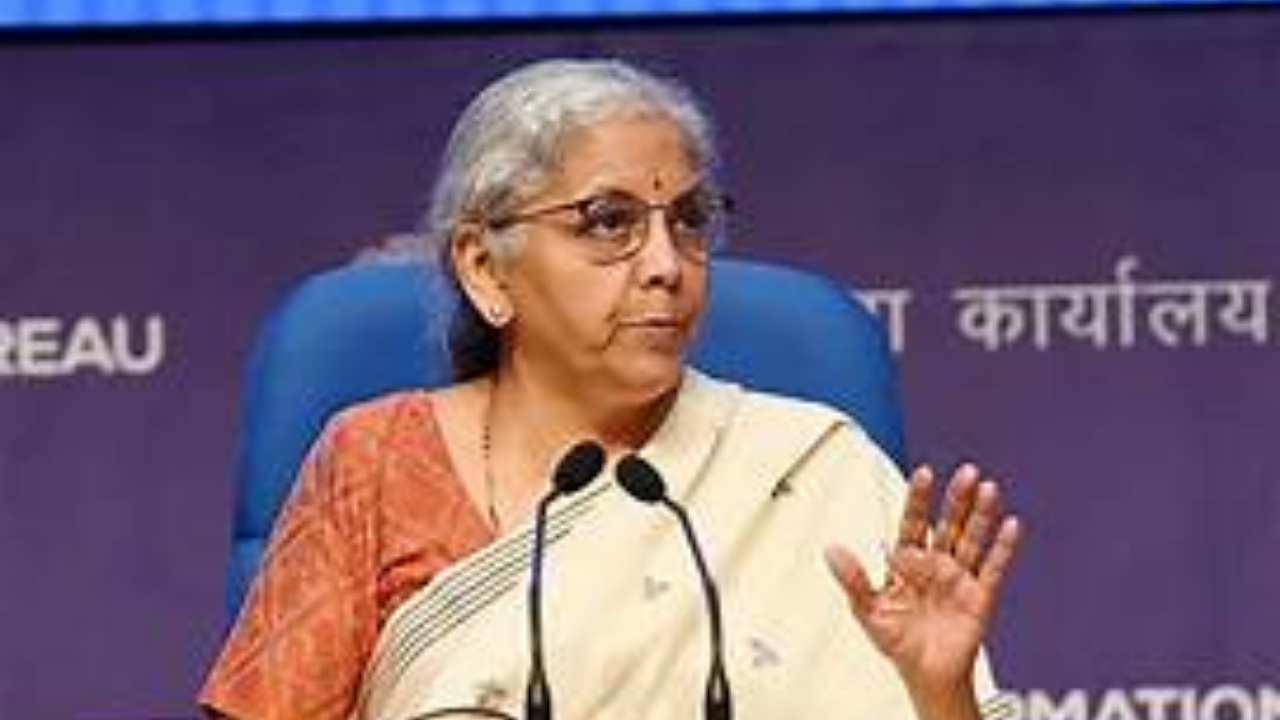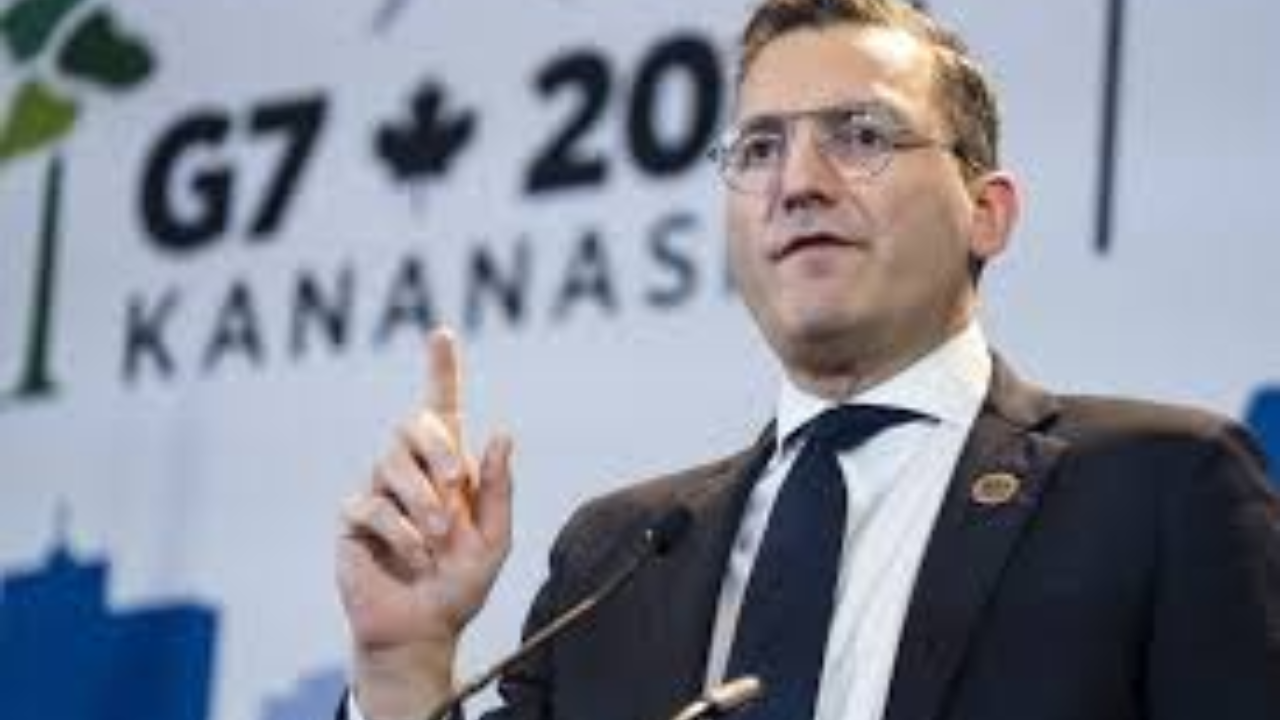In her recent interview, Finance Minister Nirmala Sitharaman expressed confidence in the planned GST rate cuts, which are set to take effect on September 22. She emphasized that the decision was driven by Prime Minister Narendra Modi’s vision to ease the financial burden on everyday citizens.
Thank you for reading this post, don't forget to subscribe!Key Highlights of the GST Reform
- A Focus on the Common Citizen: Sitharaman explained that the reform’s primary goal is to simplify the GST system for middle- and low-income households. The government conducted a major exercise to regroup goods and services based on how families use them daily, rather than just their technical classifications.
- Eliminating Confusion and Disputes: The new system aims to address classification issues that have previously led to litigation and confusion, such as the example of popcorn. This reform seeks to eliminate tax loopholes and make the system more transparent and equitable.
Expected Economic Impact
Sitharaman believes the GST rate cuts, combined with earlier income tax reductions, will significantly boost consumption. She is confident that this increased spending will lead to higher investment and economic growth.
- Financial Stability: The minister stated that any temporary revenue loss from the tax cuts will be offset by a buoyancy in revenue in the coming years. She also assured that the government’s capital expenditure and fiscal deficit targets will not be compromised.
- A “Cleaned Up” System: According to Sitharaman, the reform has “cleansed the system of anomalies,” with 99% of all goods and services now falling into tax brackets of 0%, 5%, or 18%. Only demerit or “sin” goods remain outside this structure.
Broader Economic and Political Topics
- Looking Ahead to Future Reforms: Beyond GST, the minister indicated that the next phase of reforms will focus on empowering local governance bodies—urban local bodies and panchayats—to meet the aspirations of a developed India.
- Defending Indian Policy: Sitharaman defended India’s decision to continue purchasing Russian oil, stating it’s a choice based on what is best for the country’s needs. She also pushed back against foreign and domestic criticism, urging Indians to unite and defend the nation’s efforts.
- Investment Climate: To build confidence among foreign investors, Sitharaman called for meaningful parliamentary debates and a “soft-touch” approach from regulatory institutions, without micromanagement.
- The Rupee’s Value: On the rupee’s exchange rate, she clarified that its volatility is due to the strengthening U.S. dollar, not a fundamental weakness in the Indian currency itself.
Would you like to know more about a specific aspect of this interview?

















